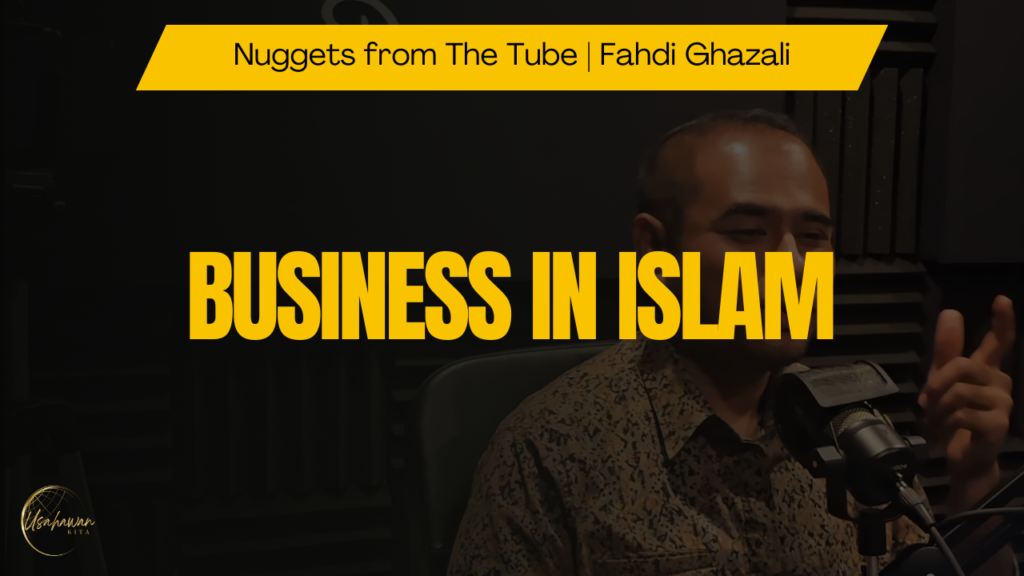4 crucial lessons from ‘Rich Dad, Poor Dad’ that changed the way I think about wealth

In my 20s, I started to like Robert Kiyosaki. My eyes were opened to the world of wealth by his novel “Rich Dad, Poor Dad.” I discovered early in life that there are basic distinctions between how the wealthy view and handle money compared to everyone else. I started using those same ideas and tactics and discovered they were entirely accurate.
“Rich Dad, Poor Dad” taught me four important principles that drastically altered my financial situation:
1. While wealthy people have money working for them, most people labour for money.
Many people believe that this instruction is a myth because it has become such a cliche. But it is unquestionably accurate.
Whenever you discuss ways to earn money with anyone, the topic of employment will inevitably come up. That’s not necessarily bad reasoning either, at least not when you’re young. The creation of a basic income is the first stage in the process of building wealth. A job is undoubtedly the most convenient method to generate a cash flow if you don’t have any assets or talents that you can sell to the general public for money.
But the wealthy don’t remain in the job phase for very long, which makes them different from everyone else. They quickly come to the realisation that in order to become wealthy, they must stop holding employment and start hiring others. The rest of us, on the other hand, usually spend our entire lives in the job phase. Once they think that working a job is the only way to make money, we are stuck. You are forced to work for money the remainder of your life as a result.
But the wealthy discover the benefits of starting a company young. And more than anything else, operating a company is about figuring out how to use people and resources to make more money than you ever could by exchanging your own labour for a salary.
For instance, as a company owner, you may be drawn to your talents — the knowledge and skills you possess that have the greatest potential to lead to significant financial gain. When you get there, you can choose between using subcontractors or hiring people to do the job that pays the bills. In essence, rather than being a front-line employee, you take on the role of company manager.
You put some of the earnings towards expanding your company and raising your income as it becomes more profitable.
2. How much money you keep matters more than how much money you earn.
The emphasis on saving money is one of the traits that most distinguishes the wealthy from others, particularly the self-made wealthy.
The fact that spending takes precedence in most people’s budgets is one of the main challenges. Saving only receives what is left over. Let’s assume, for illustration purposes, that your household’s net monthly income is $5,000. You have $250 left over after paying for necessities and a few luxuries that you can place towards savings.
This implies that you are only saving 5% of your net monthly revenue. Even that sum, in many homes, is wiped out by unforeseen costs. In other cases, the sum appears so insignificant that the attempt to save is completely given up.
The scenario is very different for those who are wealthy, especially for those who want to be wealthy. The aspiring wealthy may save 30%, 40%, or even 50% or more of their income, despite financial planners’ recommendations to save and invest 10% or 15% of your income on a regular basis.
It goes without saying that living well below your means is the only way to effectively save that much money. Typically, that agreement is transient. As investments and savings increase, so does the income they produce (which is what we’ll talk about in the next part).
Let’s use the same $5,000 monthly income from the previous case to work an example. The only variation is that this individual saves and invests $2,500, or 50%, of his monthly income. This saver will amass over $1,276,000 in just 20 years if an average yearly return on a portfolio of stocks and bonds (but favouring stocks) is assumed.
In other terms, in 20 years he’ll be a millionaire. And even then, it doesn’t take into account the possibility of future increases in his earnings as well as his donations to savings and investments. This is an example of how, over time, how much money you keep matters more than how much you earn.
3. Wealthy individuals buy assets, not liabilities they mistakenly believe to be assets.
One of the most widespread misconceptions about wealthy people is that they all received their wealth. However, that thinking system is wholly counterproductive. It’s highly likely that anyone who became a self-made millionaire spent the majority of their life accumulating assets that produce revenue.
Contrary to what a lot of other people believe, this is true. Instead, they “invest” their money in luxuries they view as assets, adopting the consumer mentality of the media and advertising culture. The family home is most likely the finest illustration. Most people consider it to be their most valuable possession, and some even spend a disproportionate amount of their money getting and keeping it.
A house is not an asset that generates revenue, even though it can increase in value over time. On the contrary, maintaining it costs you money. Until and unless you sell it, take your cash, and invest it in something that will generate revenue, it really isn’t an investment.
Even worse, most middle-class houses have substantial debt. That might have made sense when the house was first bought. But when enough equity accumulates in a home, many people participate in equity stripping by taking out second mortgages and home equity lines of credit. Some people serially refinance, combine their first and second mortgages, or withdraw funds periodically. The end outcome over time is that as the home’s value increases, so does the debt load.
Other non-income producing “assets” include automobiles, sporting goods, furniture, and entertainment technology, as well as second residences. Although they all may be enjoyable to own, none are profitable.
Stocks, bonds, investment funds, properties that generate revenue, real estate investment trusts, and businesses are common possessions of the wealthy. They all share the ability to either produce a consistent income, see their worth rise, or both.
A greater income is produced over time by the expansion of assets that generate income. Over time, the revenue generated by those assets might be enough for the owner to stop working and exist comfortably.
4. Struggling financially as a result of working your entire existence for someone else
This is not meant to belittle anyone who devotes their entire life to serving others. Instead, it’s to emphasise that doing so very likely means most people will suffer financially for the rest of their lives. Being an employee has its basic limitations because you are constantly exchanging time for money. The amount you can make is absolutely limited because you can only devote so much time to your employer.
However, that’s just the most apparent one. At a more fundamental level, you will never make more money than you put into it. For instance, even though your job brings in $50 per hour for your employer, you might only get paid $25 per hour. Because your employer cannot afford to keep you on the payroll without turning a profit from your job, it must be that way.
No matter how well you perform, there are restrictions on how much an employer will pay for any job. Let’s assume, for illustration, that you hold a job with a salary range of $50,000 to $75,000 per year. You’ll probably never earn more than $75,000, even if you’re exceeding the job’s best hopes.
In contrast, you might find yourself readily making $50 per hour if you decided to start selling your skills to other businesses or to the general public. And that could progressively increase to $75 an hour, $100 an hour, and more as your abilities and skills develop.
There is no cap on your income when you work for yourself. You can save and invest more money to build true wealth the more you can make.
I also learned another thing from my own business experience. Being self-employed gives you the flexibility to run your company however you see fit. This entails pursuing more difficult but lucrative business ventures and perhaps even developing new revenue streams.
Other advantages of self-employment exist as well. Retirement plans, such as SEP IRAs and Solo 401(k)s, for instance, can help you shield a greater portion of your income and amass a much larger retirement portfolio than is possible through a normal workplace plan.
Even if you work for yourself, you can contribute up to $19,500 to your Solo 401(k) as the employee share. However, you can also save an extra 25% of your net business compensation, up to a maximum of $56,000, under the plan. Imagine how much money you could amass in 15 or 20 years, aside from the significant tax benefits you’ll receive from that type of plan. A sum in the seven figures is more likely to be the norm than the exception.
Self-employment not only eliminates any revenue ceilings, but it also makes it possible to accumulate assets more quickly than you could as an employee.
It might require significant adjustments to build wealth.
Even if you’ve been managing your money the way most people do, Robert Kiyosaki’s lessons aren’t meant to make you feel like your position is hopeless. Instead, it’s to help you understand how wealthy individuals become wealthy. That entails significant behavioural adjustments. But if you can incorporate them into your financial routine, your life’s complete financial dynamic will improve.
Set a more manageable objective even if you are unable to save and invest 50% of your income. Even though it will take longer, 20% or 30% will ultimately get you where you want to go. The point is that you’ll need to make more significant changes in the way you think about and handle money if you want to significantly improve your financial position.
The wealthy already understand that. By following their example, you can merge into one of them.
































